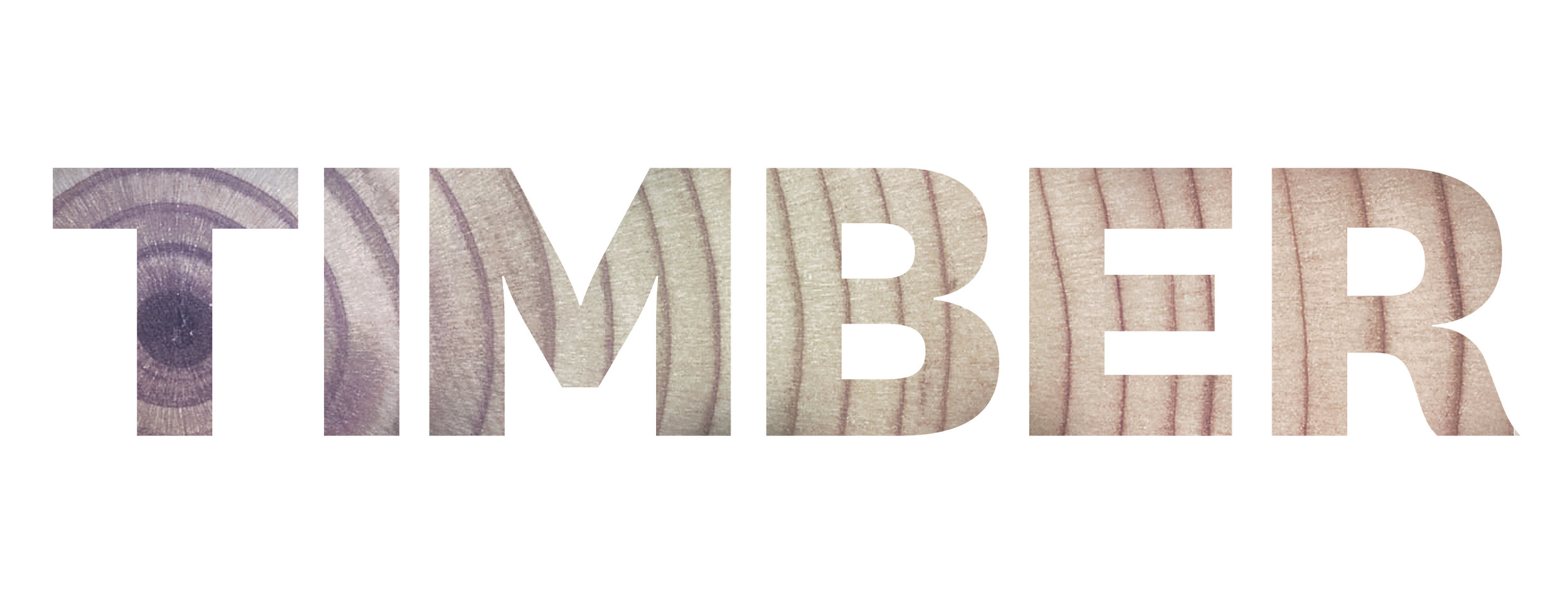Charcoal Mother
When she dies, it isn’t this. This way. It’s more frightening. Sacrificial. More cinematic.
In dreams, she is compelled to hold us, my little sister and i, like shopping sacks, her charred arms stretched out from her sides. We are above boiling water, and as the weight tires her, so the sacks, we, begin to drop, towards it, steaming our woolen socks.
But she withstands it, as it poaches her. And we remain pinned invisible and unwavering. And i wake up and call her and ask her in the early hours, Are you there, and she says, Yes, of course i am here. And i say, Are you awake, and she says, darling, I’m fifty-six, I’ve been awake since the half-century made my bones into bollards. And i say, That dream again.
That’s how she dies, not this way.
Go back to sleep, she says as his grasping fingers escape sleep’s innocent cull, and snatch my breasts.
i can’t go back to sleep, i say. Not now.
And soon the car champs the asphalt; herbals guiro in my handbag. My chest, and hands, are washed.
*
The doctor—such as he is; if we may call him that et cetera—said there is no serious evidence that a rupture to the breast implants would cause cancer. Sweet-tongued, he said two years ago after examining her breasts for a while, that the question to have them altered was one of emotional and not physical fulfilment; that it might be likened to his quest for the willowed peace beneath temple roofs. Oh, verdure! These will be the breasts you always had within you—the confidence, too! The doctor also said that i should be absolutely certain were i ever to consider them for myself; that there are scars that might inflame with alcohol consumption et cetera; that there is a risk of loss of sensation in the nipples, and sometimes arms; that it has been known for women to require physical rehabilitation so they can lift their children (which he can also provide). But the self-esteem that comes with reshaping—not changing!—ourselves… that is miraculous. The doctor did not say that the implants were six times more likely to rupture or that her lymph nodes would swell like tumours. He did not say that in fact they would take on the exact scale, tenderness, and anger of tumours. That they would in fact be indiscernible.
*
In the surgery, she stands turquoised with her arms stretched out from her sides as he investigates, and says initialisms like DD and GP and MRI and GA and MF-ing PIP.
There is a burning sensation when I lie on my back, she says, as he lifts her breasts and pokes her ribs, hacked and livid as soldiers’ bread.
And later, at the dinner table. God help you!, heaves father as the brisket shakes tassels of fat into its gravy trail. He is old now, gets injuries in his nail beds, chews his food into plasma so as not to upset the equilibrium in his gut. You know—there is flesh on his shirt pocket which tells us a catastrophe is impending—he should never work again, that charlatan.
He had seen the surgeon watch her small Indian hands when she twice signed her half-elegant signature—the blossomed initial; the parasite surname. And both the men had thickened their gazes amidst her nervous splendour.
And i say, Well, he never will work again, Dad, after the investigation; he’s getting four years.
And he says, Where are we? And touches her breast with the back of his fork. That this can happen. That without this guyline we blow away. That we trust knifemen to have their way with us. That we liken aging to disfigurement or something.
And he flicks off the flesh and says, I always thought you were perfect, love, leaving gravy in the twill.
And you, he looks at me, you too.
*
Fuck, I feel like I’m just a cluster of revisions, she tells me after her affair, her arms stretched out from her sides to hold herself steady. A charcoal mother.
But charcoal is the most beautiful of mediums, and down in the footwell, she presses her dark hair against the glovebox as the amber from passing cars fails to contain her transient dusts.
I don’t want to be seen, she says, so i turn towards the cobbled road between the fields and set the beast away from the spewing moon, hope for it to plough us into the earth, or somewhere, because when she dies, it isn’t this. This field, this footwell, that man. It shall not be so banal as this.
You know you are perfect, she says.
*
They all say, after appraising the evidence, that i have a tendency for apophenia: that i make connections where there are none. That that night she had not left on vibrations, grown beyond her edges, and rather if only i could remember the things that broke off of her, we could guess where and in how many pieces she’d land.
They all say, Was she sorry?
For what? I reply, rubbing my outlines into shape.
Jordan Harrison-Twist
Jordan Harrison-Twist is a writer and editor based in Bolton, UK. His fiction has been published in Funicular, TIMBER, No Contact Magazine, Reflex Fiction, Spartan, and Between the Lines, an anthology published by Comma Press. He is the winner of the Retreat West micro fiction competition. His flash fiction has been shortlisted in the Reflex, Strands International, and Lunate500 competitions. Stories forthcoming in CHEAP POP and Lit Quarterly.
His story ‘Longitudinal’ was nominated for a Pushcart Prize. His forthcoming chapbook A Few Alterations will be published by Nightjar Press.
